 Since my college days, reading has always been my most passionate past-time, even though I read mostly non-fiction stuff.
Since my college days, reading has always been my most passionate past-time, even though I read mostly non-fiction stuff.I reckon it will continue to be that way for a very long time. Currently, just like Dilip Mukerjea, I am also a voracious reader.
For me, Amazon & Kinokuniya Bookweb are currently my most active sources of good books. I do sometimes pop into 'brick & mortar' stores like Harris, Page One & Times, to check out their inventory.
Towards the end of 1991, as part of my journey through mid-life transition, I had actually established & owned a small retail store (aptly called 'The Brain Resource') to deal exclusively in learning, thinking & creativity books, in conjunction with the formation of my own strategy consulting business.
Since then (& till mid-2005 when I decided to withdraw from all retail operations), the store had given me abundant access to a lot of great books.
At the same time, it also fuelled & bankrolled my relentless reading pursuits.
One of the first few books I had read - & eventually sold in my own store - was 'How to Read a Book' by Mortimer Adler.
[It was Patricia Danielson, co-developer of the PhotoReading technology from the United States, who had first introduced me to the book. Many thanks to you, Patricia!]
In a nut shell, the book illustrated the art & discipline of how to be an intelligent as well as a demanding reader.
It was also the first book that had set the ball rolling in my continuing search for better understanding of the reading faster/better comprehension equation.
In the first instance, this book introduced me to the four specific levels of reading & reading comprehension, each requiring a specific set of reading strategies.
The author made very clear distinctions between the four levels (as outlined below), as well as between learning, reading, thinking & understanding:

- elementary reading;
- inspectional reading;
- analytical reading;
- syntopical reading;
The author also put a lot of emphasis on the third level of reading, with useful techniques for classifying books, probing understanding, criticising passages, & challenging - & provoking - the authors.
For those readers, especially students, who demand more effective reading performance in the academic environment, there were subject-specific reading strategies to follow. All the reading strategies, covering literature, history, science, mathematics, philosophy & social science, were systematically covered by the author.
In retrospect, I reckon that the most productive personal learning experiences I got out of this wonderful book were firstly, the techniques for marking the book while reading (or marginal notations) & secondly, syntopical reading, which enabled me to digest several books within the same genre simultaneously.
Today, I absolutely love marginal annotations & syntopical reading!
Hence, I have no hesitation at all in considering Mortimer Adler's book, despite the fact that it was originally published in the 1940s, to be the best & unparalleled in the genre.
On the slightly adverse side, I must admit that the book is not easy to read, because of its rather sober tone, & also considering the fact that the language facility actually reflects that particular era.
Hence, I do understand the sentiment of the GenYers as to why they simply do not like to touch the book.
Nevertheless, I strongly recommend this book to anyone, who wants to read faster & comprehend better, to get hold of & read this book in the first instance.
During the ensuing years, I came across a few other books which had also influenced & helped in expanding my personal repertoire of high-performance reading skills & techniques:
- 'Super Reading Secrets', by Howard Berg;
- 'Breakthrough Rapid Reading', by Peter Kump;
- 'PhotoReading The Whole Mind System', by Paul Scheele;
I may review each of them separately & share with readers what I had learned from them specifically.
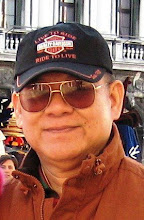


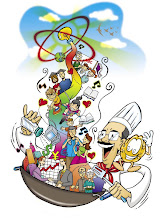
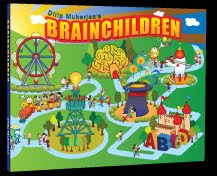



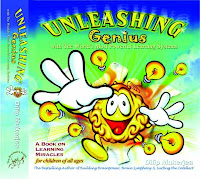
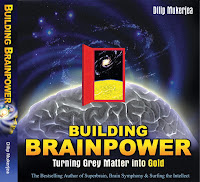
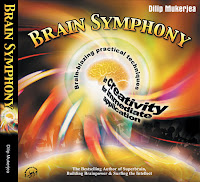





No comments:
Post a Comment